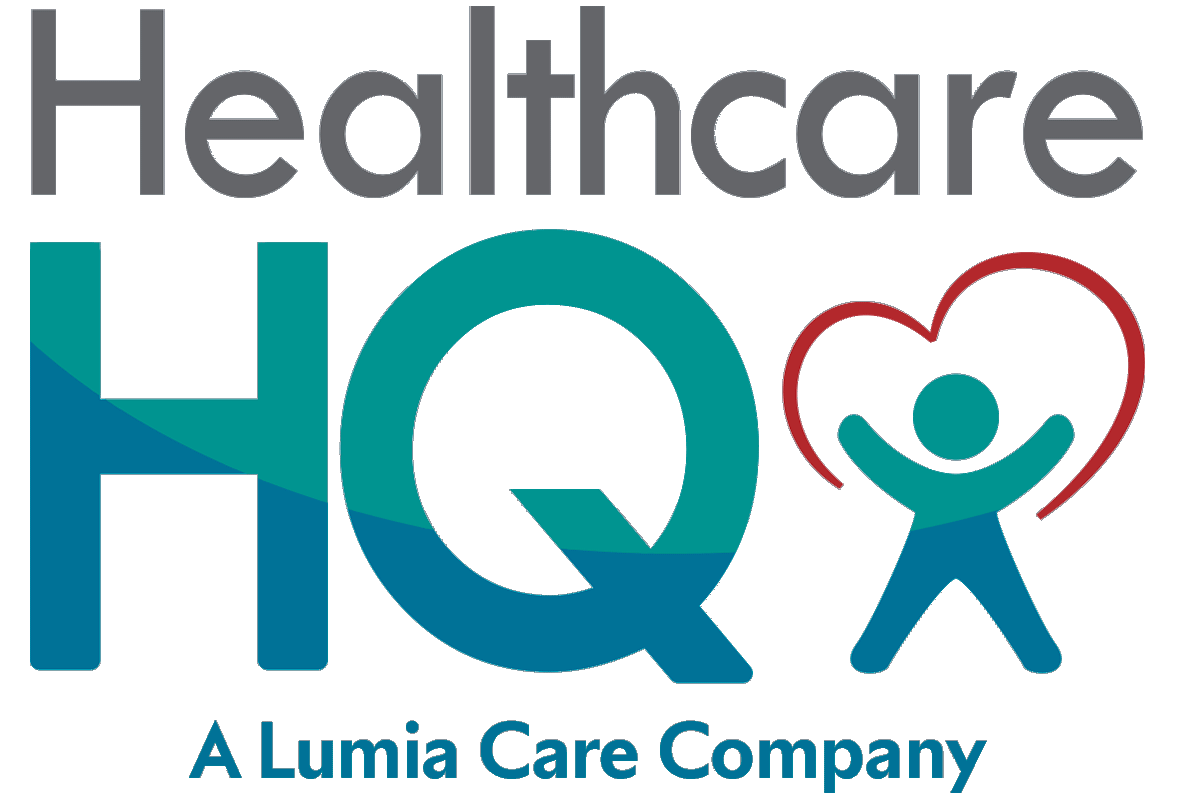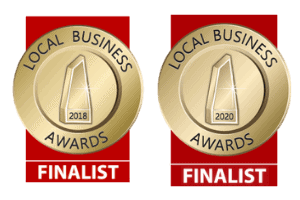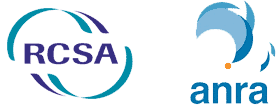Written by: Jessica Yun
Application season is upon us, which means a whole lot of stress and anxiety for hopeful nursing grads. You’ve spent a lot of time dreaming about delivering brilliantly eloquent answers in the interview and securing that job at the hospital you want.
But before that, you have to be shortlisted amongst the hundreds or thousands of applications that will be going for the same job as you. So how do you make a strong enough first impression to secure that interview? The answer is simple enough, but it’s surprisingly overlooked or underestimated. Perfecting your resume will get you far – particularly as the recruiters are going through hundreds of others that look just the same.
Healthcare HQ Director Angela Thwaites offers her top five tips on how to communicate competency and capability with just your resume:
1. Presentation is everything.
Get a friend to cast an eye over it – you might be a great nurse, but horrible at spelling! Things to consider are formatting, typos, grammar and punctuation mistakes. “It may sound harsh, but where recruiters receive literally hundreds of CVs per week, often they have to find reasons to cull many equally impressive candidates as they simply cannot offer everyone the same job,” Angela says. So watch out – because at the end of the day, a well-put resume could make all the difference.
2. Be clear – and don’t lie!
Angela says liars will be caught out soon enough, and you’re only doing yourself a disservice by misrepresenting who you are and what you can do. Make sure the dates on your CV leave no room for confusion, either. “Work experience must be dated by month and year,” Angela says. “Quoting ‘2016 to 2017’ is not clear enough as this could indicate two weeks or 52 weeks!”

3. Be sure to emphasise any nursing work you’ve already done.
In such a competitive environment where clinical placements are compulsory, any additional related work experience would be most beneficial to your application, says Angela. “If you’ve been lucky enough to have worked in a paid capacity within the healthcare industry, display that on your resume. This gives you the edge, plus you’ll be more experienced, confident and will have had a much greater exposure than those who just attended clinical placements,” she says.
Though if you’re going for applications that open in a few days, what you’ve already done will do!

4. KISS (Keep It Simple, Stupid).
“Long resumes do the recruiter’s head in!” says the HHQ Director. A resume really has no business being much longer than three pages and it quickly becomes a drain to read. “Potential recruiters can lose interest very quickly. We recommend you format the CV with simple, neat name and contact details, a two-sentence summary of who you are and your values.”
Angela recommends sticking to the following structure:
Summary (skills, attributes, values, goals)
Education
Qualifications
Achievements & Awards
Professional Development & Additional Training (for New Grads: Clinical placements attended)
Professional Registrations and Memberships
Employment History
References
Hopeful applicants should keep in mind that referees must be those for whom you’ve worked for – colleagues and friends aren’t valid, and may potentially disadvantage your application.

5. Highlight your accomplishments!
Everyone and their mother will be listing their responsibilities and duties under the job descriptions, and merely doing this won’t help you stand out from the crowd from the recruiter’s point of view. “Think about what differentiates you from the rest, what sets you apart,” advises Angela. “What are you most proud of, what are you most complimented on? What are your best attributes?”
If you’re not too sure, don’t hesitate in asking a co-worker, a friendly referee or even a friend – they’ll help you see what your strengths are. As Angela says: “writing a CV is not the time to be shy and modest! ????”
Recruiters also love key words, so be sure to throw in a healthy smattering of those as well. In Angela’s combined experience as a nurse and recruiter, she recommends words such as teamwork, advocacy, developing therapeutic relationships, using critical thinking skills and working with the allied team or the multidisciplinary team.

Though you’ll have several more hoops to jump through after the very first stage in the application process, you can pass the ‘resume’ hurdle by the skin of your teeth or with flying colours. It’s not too late – a little time spent on your resume will go a long way.

What’s the toughest part of the application process? Let us know!
Are you a nurse in Sydney looking for agency work? We pride ourselves on our high ethical standards and taking great care of both our valuable clients and staff. Contact Healthcare HQ on 1800 733 709, email us at [email protected] or view our job vacancies for employment opportunities.







